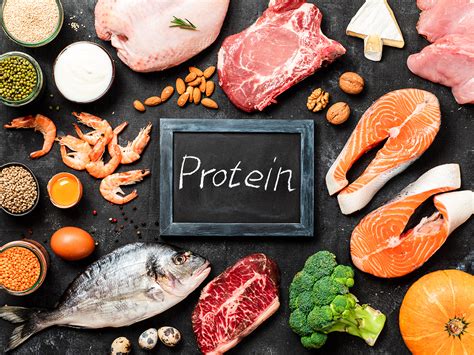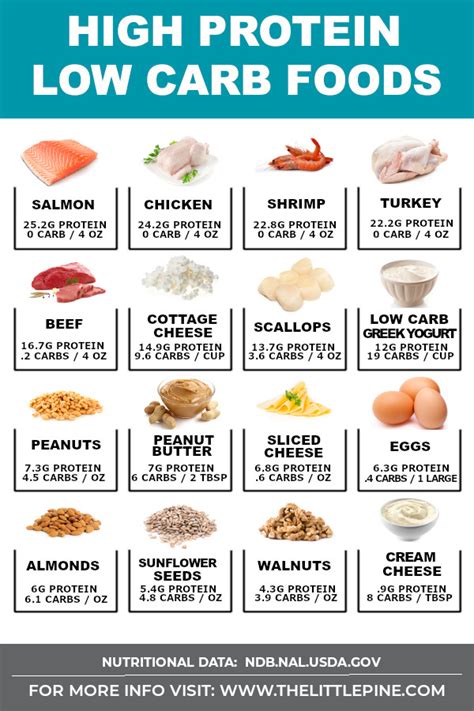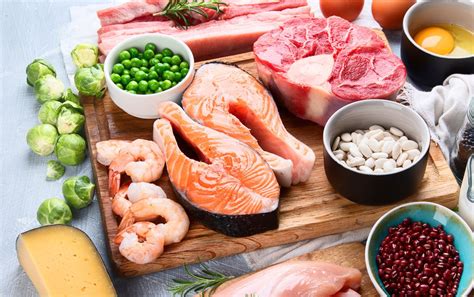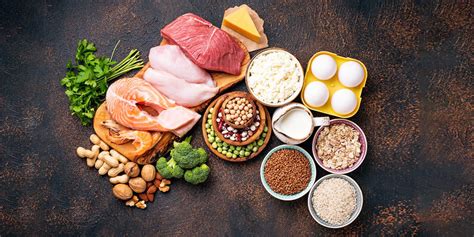Optimal daily protein for men’s muscle growth & recovery?

Understanding Protein’s Role in Muscle Development
For men dedicated to building muscle mass, enhancing strength, and optimizing recovery, protein isn’t just a nutrient—it’s the foundational building block. Every strenuous workout creates microscopic tears in muscle fibers, and it’s protein that swoops in to repair and rebuild them, making them stronger and larger. But how much protein is truly optimal, and are there specific strategies to maximize its benefits? This article dives deep into the science and practical application of daily protein intake for men aiming for superior muscle growth and efficient recovery.

How Much Protein Do You Really Need? The Scientific Recommendations
While the Recommended Dietary Allowance (RDA) for protein is 0.8 grams per kilogram of body weight (g/kg) for the average sedentary adult, this figure is insufficient for men actively pursuing muscle growth. Research consistently shows that higher protein intakes are beneficial for maximizing muscle protein synthesis (MPS) and minimizing muscle protein breakdown (MPB), especially in conjunction with resistance training.
For men engaged in regular strength training, the consensus among sports nutritionists and leading organizations like the International Society of Sports Nutrition (ISSN) suggests an intake ranging from 1.6 to 2.2 g/kg of body weight per day. Some studies even indicate potential benefits for intakes up to 2.4-3.1 g/kg for advanced athletes during caloric deficit phases, to preserve lean mass. To put this into perspective, an 80kg (176 lbs) man would aim for approximately 128 to 176 grams of protein daily.
- Activity Level: The more intense and frequent your workouts, the higher your protein demands.
- Training Goals: Whether bulking, cutting, or maintaining, protein intake plays a crucial role. During a calorie deficit, higher protein can help preserve muscle.
- Age: Older men (over 50) may benefit from slightly higher protein intakes (closer to 1.2-1.6 g/kg) due to anabolic resistance, where muscles become less responsive to protein over time.

The Science of Muscle Protein Synthesis (MPS)
Muscle protein synthesis is the process by which your body creates new muscle proteins, leading to growth and repair. It’s stimulated by both resistance training and adequate protein intake, particularly the amino acid leucine. To continually stimulate MPS throughout the day, it’s not just about total daily protein but also how it’s distributed.
Experts recommend consuming at least 20-40 grams of high-quality protein per meal, spread across 4-6 meals or snacks throughout the day. This approach helps maintain elevated levels of amino acids in the bloodstream, providing a consistent supply for muscle repair and growth, rather than relying on one or two large protein-heavy meals.
Choosing Your Protein Sources: Quality Matters
Not all protein is created equal. The quality of protein is determined by its amino acid profile and digestibility. High-quality or “complete” proteins contain all nine essential amino acids that your body cannot produce on its own. These are crucial for optimal muscle growth and recovery.
Excellent Protein Sources:
- Animal-Based: Lean meats (chicken breast, turkey, beef, pork loin), fish (salmon, tuna, cod), eggs, dairy (Greek yogurt, cottage cheese, whey protein). These are typically complete proteins.
- Plant-Based: Soy (tofu, tempeh, edamame), quinoa, lentils, beans, chickpeas, nuts, seeds, and plant-based protein powders (pea, rice, hemp). While many individual plant sources are incomplete, a varied plant-based diet can easily provide all essential amino acids.

The Importance of Protein Timing
While the “anabolic window” (the short period post-workout when protein intake is supposedly most effective) has been a subject of debate, current research suggests that total daily protein intake and distribution throughout the day are more critical than a hyper-focused post-workout window. However, there are still strategic times to consume protein:
- Post-Workout: Consuming 20-40 grams of high-quality protein (e.g., whey protein, chicken breast) within a few hours after training can kickstart the recovery process and stimulate MPS.
- Before Bed: A slow-digesting protein like casein (found in cottage cheese or casein protein powder) before bed can provide a steady release of amino acids overnight, supporting muscle repair and reducing muscle protein breakdown during fasting.
- Evenly Distributed: Aim for protein at every main meal and snack to keep amino acid levels consistently elevated.

Practical Strategies for Optimizing Protein Intake
Integrating optimal protein intake into your daily routine doesn’t have to be complicated. Here are some actionable tips:
- Track Your Intake: Use a food tracking app for a few days to understand your current protein consumption and identify areas for improvement.
- Prioritize Protein at Every Meal: Make protein the centerpiece of your breakfast, lunch, and dinner.
- Smart Snacking: Opt for protein-rich snacks like Greek yogurt, a handful of almonds, hard-boiled eggs, or a protein shake.
- Meal Prep: Prepare protein sources in advance (e.g., grilled chicken, cooked lentils) to make healthy eating easier throughout the week.
- Consider Supplements: If meeting your protein goals through whole foods is challenging, supplements like whey, casein, or plant-based protein powders can be a convenient and effective addition.
- Stay Hydrated: Water is essential for all metabolic processes, including protein synthesis and nutrient transport.

Conclusion: Fueling Your Muscle Growth Journey
Achieving optimal muscle growth and recovery for men is a multifaceted endeavor, but adequate protein intake is undeniably one of its most critical pillars. By aiming for 1.6 to 2.2 g/kg of body weight daily, prioritizing high-quality sources, and distributing your intake strategically throughout the day, you can provide your body with the essential fuel it needs to repair, rebuild, and grow stronger. Remember, consistency is key, and tailoring these guidelines to your individual needs and training intensity will yield the best results on your journey to a more muscular and resilient physique.








